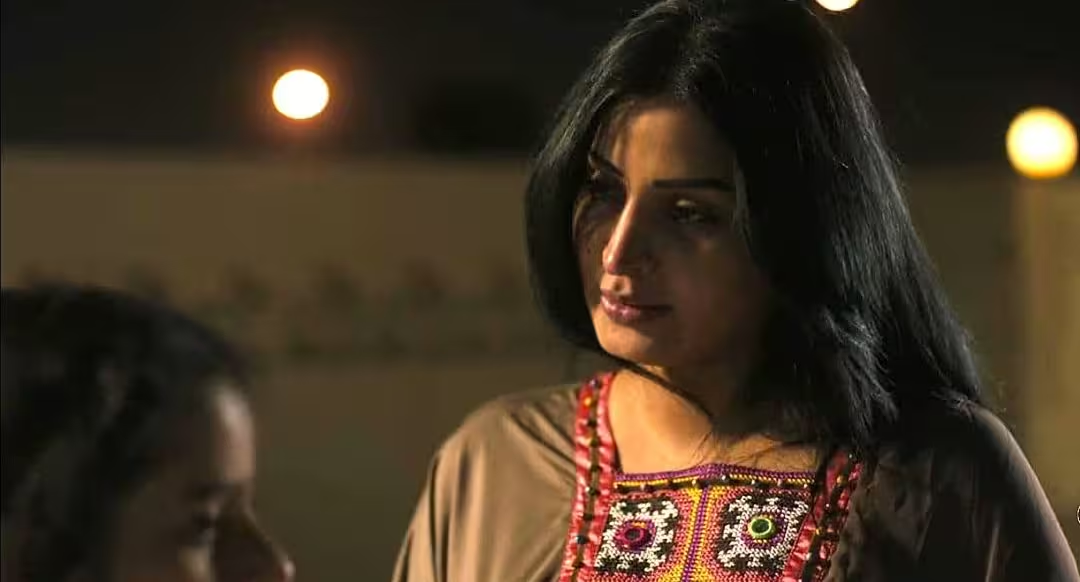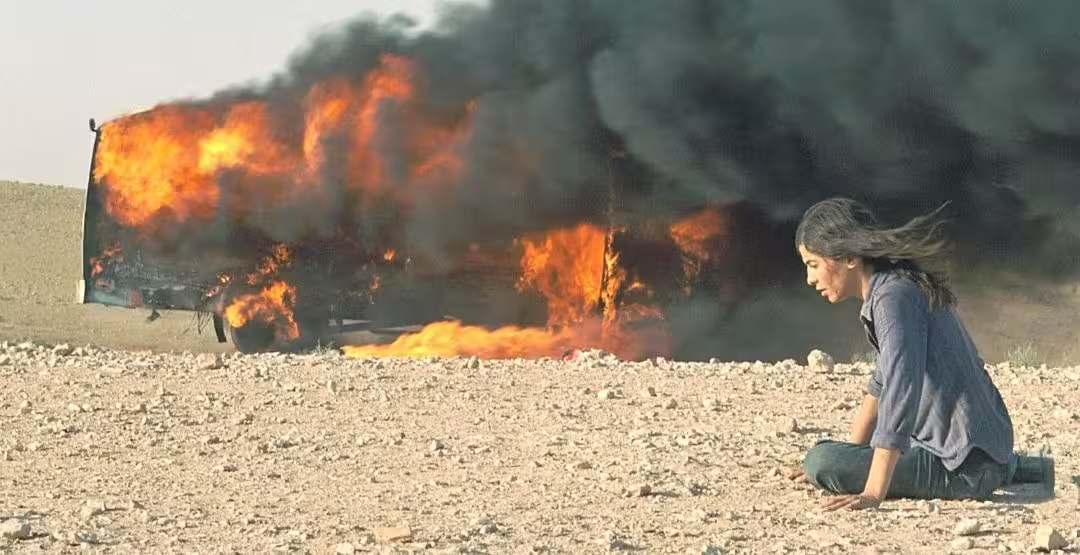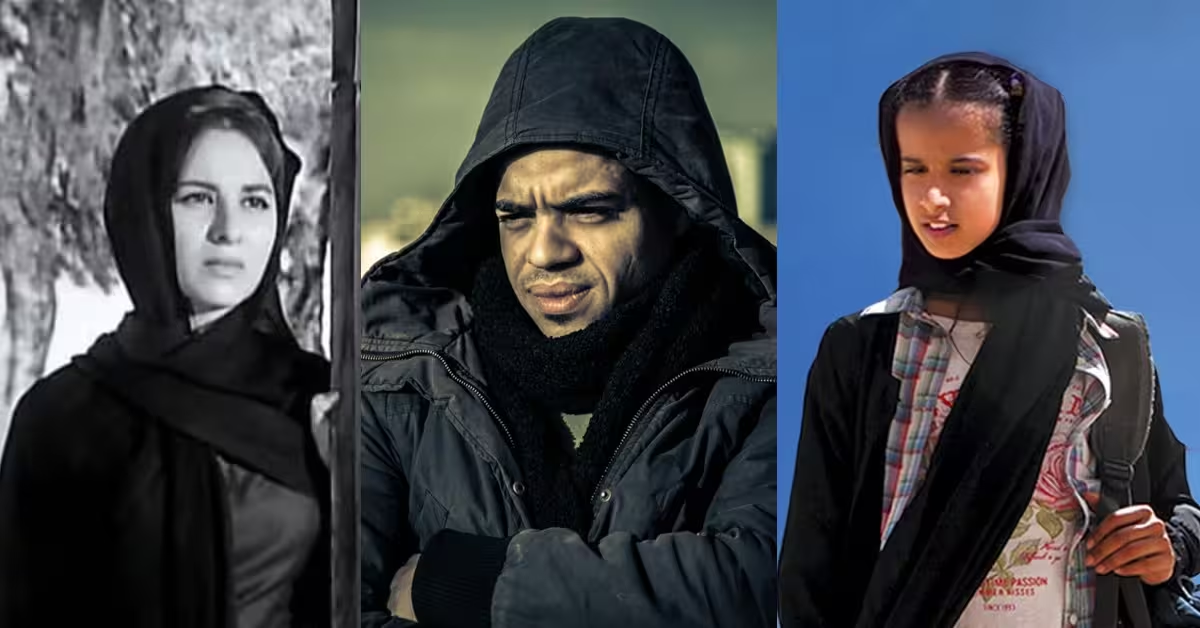Last updated on May 8th, 2025 at 11:50 am
Arabic cinema has produced some of the most powerful, thought-provoking, and visually stunning films in world cinema. From Egypt’s Golden Age classics to modern Lebanese and Palestinian masterpieces, Arab filmmakers have earned international acclaim at Cannes, the Oscars, and beyond.
In this guide, we’ll explore the 15 highest-rated Arabic films of all time, their cultural impact, and why they remain essential viewing. Whether you’re a film buff or new to Arab cinema, these movies are must-watches.
Background: 15 Highest-Rated Arabic Films of All Time
Arabic cinema is a mosaic of rich traditions, turbulent histories, and groundbreaking artistry. From the golden age of Egyptian filmmaking to the politically charged works emerging from Lebanon and Palestine, the Arab world has consistently produced films that challenge conventions, celebrate cultural identity, and confront uncomfortable truths.
This curated list spans over six decades and includes powerful dramas, poetic allegories, revolutionary documentaries, and taboo-breaking character studies. Each of these 15 films holds a significant place in the cinematic canon—not only for their artistic achievements but also for how they reflect the complexities of Arab life, politics, and spiritual struggles.
Egypt, long considered the heart of Arab cinema, anchors this list with masterpieces like The Mummy and Cairo Station, while Palestine and Lebanon provide urgent and emotional narratives born from conflict and resistance in Paradise Now and Capernaum. Tunisia’s bold explorations of gender and trauma in Man of Ashes and Halfaouine illustrate how cinema can be both healing and rebellious.
International acclaim has followed many of these titles. Films like Timbuktu, The Square, and Incendies have earned Oscar nominations and festival awards, highlighting the global resonance of stories that are deeply rooted in Arab realities.
Above all, these films serve as a cinematic bridge—between tradition and modernity, pain and resilience, silence and defiance. Whether tackling gender inequality, political revolution, or the longing for freedom, each film leaves an indelible mark not just on Arabic cinema, but on the universal language of storytelling.
1. The Mummy (Al-Mummia, 1969)
Director: Chadi Abdel Salam
Country: Egypt
Genre: Historical Drama
Awards: Cairo International Film Festival (Best Film)
Synopsis
A historical drama exploring the looting of ancient Egyptian tombs in the 19th century. The film follows a young man caught between preserving his culture and familial traditions of grave-robbing. With stunning cinematography and poetic storytelling, it’s considered Egypt’s greatest film and a landmark in Arab cinema and one the 15 Highest-Rated Arabic Films.
Key Scene
The discovery of a royal tomb—a moment of awe and moral conflict.
Where to Watch: Criterion Channel, MUBI
2. Capernaum (2018)
Director: Nadine Labaki
Country: Lebanon
Genre: Drama
Awards: Jury Prize (Cannes 2018), Oscar Nominee
Synopsis
A heart-wrenching drama about a 12-year-old boy who sues his parents for bringing him into a life of suffering. Shot with a documentary-style realism and featuring non-professional actors, the film sheds light on child neglect, poverty, and survival in Beirut’s slums. No wonder why it is one of the 15 Highest-Rated Arabic Films.
Key Scene
The courtroom monologue—one of the most powerful moments in modern cinema.
Where to Watch: Netflix, Amazon Prime
3. The Square (Al-Midan, 2013)
Director: Jehane Noujaim
Country: Egypt
Genre: Documentary
Awards: Emmy Award, Sundance Audience Award
Synopsis
A powerful documentary chronicling the Egyptian Revolution (2011-2013) from the perspective of activists in Tahrir Square. Capturing moments of hope, disillusionment, and resistance, it stands as one of the most important political documentaries ever made
Key Scene
Protesters singing in defiance—a moment of unity and resistance.
Where to Watch: Netflix, YouTube
4. The Message (Al-Risalah, 1976)
Director: Moustapha Akkad
Country: Syria/Libya/Morocco
Genre: Historical Epic
Awards: Golden Globe Nominee
Synopsis
A grand historical epic about the early days of Islam, depicting the Prophet Muhammad indirectly. Featuring Anthony Quinn and praised for its respectful portrayal, the film masterfully balances history, faith, and drama.
Key Scene
The Battle of Badr—a grand-scale cinematic achievement.
Where to Watch: Amazon Prime, DVD
5. Paradise Now (2005)
Director: Hany Abu-Assad
Country: Palestine
Genre: Drama/Thriller
Awards: Golden Globe Winner, Oscar Nominee
Synopsis
A gripping drama following two Palestinian friends recruited for a suicide mission. As the moment approaches, they grapple with morality and personal convictions, offering a nuanced perspective on radicalization and human resilience.
Key Scene
The final taxi ride—a moment of unbearable tension.
Where to Watch: Criterion Channel, Apple TV
6. Timbuktu (2014)
Director: Abderrahmane Sissako
Country: Mauritania/France
Genre: Drama
Awards: Cannes Prize of the Ecumenical Jury, Oscar Nominee
Synopsis
A poetic and devastating portrayal of life under jihadist rule in Mali. Blending breathtaking visuals with brutal realities, the film critiques extremism while highlighting the endurance of the human spirit.
Key Scene
A surreal football match played without a ball.
Where to Watch: Amazon Prime, MUBI
7. Cairo Station (Bab el-Hadid, 1958)
Director: Youssef Chahine
Country: Egypt
Genre: Psychological Thriller
Awards: Berlin International Film Festival (Nominee)
Synopsis
A psychological thriller exploring sexual repression, mental illness, and class struggle in 1950s Cairo. With elements of film noir and social commentary, it’s a groundbreaking work in Egyptian cinema.
Key Scene
The climactic chase through the train station—a masterclass in suspense.
Where to Watch: Criterion Collection, Kanopy
8. The Nightingale’s Prayer (Doaa al-Karawan, 1959)
Director: Henry Barakat
Country: Egypt
Genre: Drama
Awards:Carth age Film Festival (Best Arab Film)
Synopsis
A tragic drama about betrayal and revenge in rural Egypt, centering on a young woman seeking justice for her sister’s murder. Featuring the legendary Faten Hamama, the film is a feminist milestone in Arab cinema.
Key Scene
The confrontation at the well—a moment of shattering emotion.
Where to Watch: Egyptian TV archives, rare screenings
9. Ali Zaoua: Prince of the Streets (2000)
Director: Nabil Ayouch
Country: Morocco
Genre: Drama
Awards: Montréal World Film Festival (Best Film)
Synopsis
A deeply moving film about homeless children in Casablanca, blending harsh social realism with poetic elements. It helped bring Moroccan cinema into the global spotlight.
Key Scene
The dream sequence of a “prince’s” funeral—both beautiful and tragic.
Where to Watch: YouTube, DVD
10. Alexandria… Why? (Iskanderija… Lih?, 1979)
Director: Youssef Chahine
Country: Egypt
Genre: Autobiographical Drama
Awards: Berlin Silver Bear (Best Director)
Synopsis
A semi-autobiographical drama by Youssef Chahine, reflecting on his youth in WWII-era Alexandria. The film weaves personal aspirations, art, and political unrest into an emotionally rich narrative.
Key Scene
A young filmmaker’s awakening to art and activism.
Where to Watch: Criterion Channel
11. Wadjda (2012)
Director: Haifaa Al-Mansour
Country: Saudi Arabia
Genre: Drama
Awards: Venice Film Festival (Nominee)
Synopsis
The first Saudi film directed by a woman, it follows a young girl defying social norms to buy a bicycle. A quietly revolutionary film that challenges gender restrictions in conservative Saudi society.

Key Scene
Wadjda’s final bike race—a triumph of spirit.
Where to Watch: Netflix, Criterion Channel
12. Man of Ashes (Rih Essedd, 1986)
Director: Nouri Bouzid
Country: Tunisia
Genre: Drama
Awards: **Carthage Film Festival (Golden Tanit)**
Synopsis
A bold and unflinching exploration of trauma and sexual abuse in Tunisian society. The film broke taboos in Arab cinema with its raw honesty and complex character study.
Key Scene
The protagonist’s confession—a harrowing monologue.
Where to Watch: Tunisian film archives
13. Halfaouine: Boy of the Terraces (1990)
Director: Férid Boughedir
Country: Tunisia
Genre: Coming-of-Age
Awards: Cannes (Un Certain Regard)
Synopsis
A coming-of-age film set in 1960s Tunis, offering a humorous yet critical look at gender roles and social norms. The film is widely regarded as one of Tunisia’s most beloved cinematic works.
Key Scene
The boy’s first visit to the women’s hammam.
Where to Watch: Amazon Prime, DVD
14. Incendies (2010)
Director: Denis Villeneuve
Country: Canada/Lebanon
Genre: War Drama
Awards: Oscar Nominee (Best Foreign Film)
Synopsis

A gripping war drama following a woman’s journey to uncover her family’s tragic past amid Lebanon’s civil war. The film is famous for its shocking twist and emotional intensity.
Key Scene
The final reveal—a moment of shattering revelation.
Where to Watch: Amazon Prime, Apple TV
15. The Time That Remains (2009)
Director: Elia Suleiman
Country: Palestine
Genre: Tragicomedy
Awards: Cannes (Official Selection)
Synopsis
A tragicomic chronicle of Palestinian life under Israeli occupation from 1948 to the present. Blending satire and sorrow, director Elia Suleiman presents a deeply personal yet universally resonant narrative.
Key Scene
A father watching TV as tanks roll by—tragedy meets farce.
Where to Watch: MUBI, Criterion Channel
Conclusion
From Egypt’s Golden Age to Palestinian resilience, these films prove Arab cinema is a global force. Whether you seek history, politics, or pure artistry, this list offers unforgettable viewing.
Which film will you watch first? Comment below!
